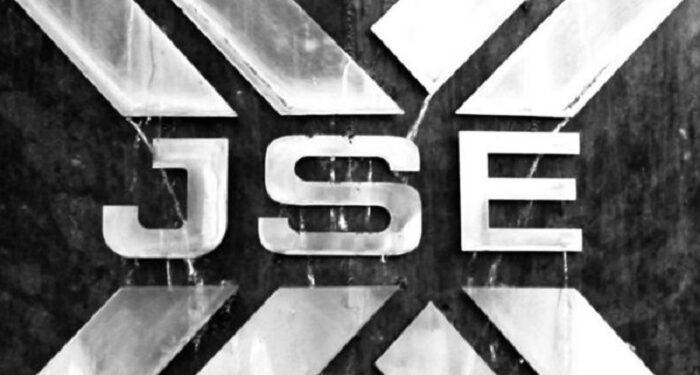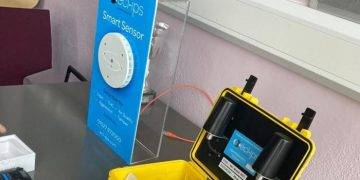Due to the fact that the JSE has been around for so many years, it has accumulated a lot of share value. The good thing about JSE all share today is that it grows over time. Although the numbers may not look like much today, but the entire index has increased from $40 to around $200. Let’s take a look at some of the historical share index prices and share buying rates.
History of JSE All Share Index
It’s clear that in the last 100 years, the market cap of the index has increased by more than 5 times. The JSE has always been on a path to keep growing and increasing its market value. The most recent spike in the price occurred in September 2013, after the Finance Minister of South Africa, Pravin Gordhan, who was fired by a former president, Jacob Zuma. This political move caused the South African rand to fall against the US dollar and the U.S. dollar, resulting in investors looking for safe investments.
During this time, investors decided to increase their position in the JSE. Hence, it is quite obvious that the buying rate has been rising since 2007. Although the JSE has been rising on a relatively flat road for the last 3 years, we can still see a clear trend of increasing purchasing rate, which will most likely keep on growing as long as the index keeps on delivering solid results.
JSE Price Growth Rate
From examination of previous graphs and various factors, we had come to know that the buying rate in the last two months is about 50% higher compared to the buying rate during the last 2 years. We would say that buying rate in the last 2 months are mostly seasonal and take into account the volatility of the rand. The more volatile the rand, the higher the demand for local assets.
We expect the price growth to continue on the higher level, if the JSE is able to add new companies and develop new companies. The example of Telkom (TLK.J) is proof that even though some companies face severe challenges in the country, new and interesting opportunities are still present.
Conclusion
South Africa is a developing country, but the good thing is that investors are still able to find solid companies at fair prices. Due to the recent political and economic turmoil in the country, there’s still room for growing the index in the future. The good thing about investing in South Africa is that you can be a passive investor, by selling out at the right time.
Or you can be an active investor and buy into companies that are still in the trading phase. It’s up to you. The price of JSE shares does not have any direct impact on a company’s value. But a strong growth in the JSE index is often a good indicator for companies performing well. So, keep your eyes on the JSE, and make sure that your investment grows over time.











